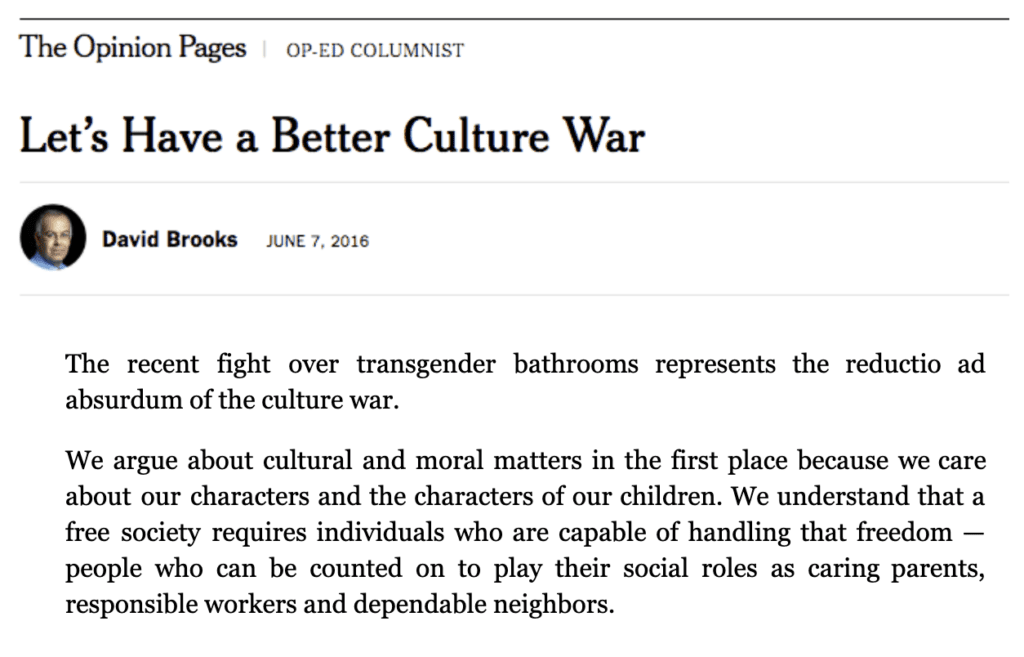Arguments are Everywhere
View more in What to Believe in Uncertain Times?
Arguments are everywhere. Just log onto Facebook or visit the opinion section of any major newspaper if you do not believe me. In fact, you do not even need to open your laptop, just pay close attention to the next discussion you have with a friend, or think out loud before you decide what you ought to do next. “I could eat dinner, but it’s only 5 p.m. and I am not that hungry. Since I want to work out today anyway — and the gym closes at 7 — I may as well do that now and eat on my way home.”

That is an argument.
Arguments can consist of simple reasoning about relatively inconsequential things (like one’s gym schedule and preferences), or they can be highly abstract, intellectual attempts to persuade a broad audience to affect cultural change. Arguments are used to influence public policy, to encourage a re-evaluation of the status quo… even to demonstrate the existence of souls or the impossibility of knowledge.
All arguments are attempts to establish the truth of some claim or set of claims. They can be made verbally, as in conversation, or in writing. They can be made via social media, as part of a public awareness campaign, in a political debate on national television, or in a board room in a corporate office. They are — quite literally — a ubiquitous form of communication, and we encounter them constantly. Because of this, it is important to understand what arguments are and how to evaluate them. Acquiring these skills makes it possible to identify common errors, locate the sources of disagreement, and construct convincing cases for your ideas, beliefs, or proposals.
2 minutes
